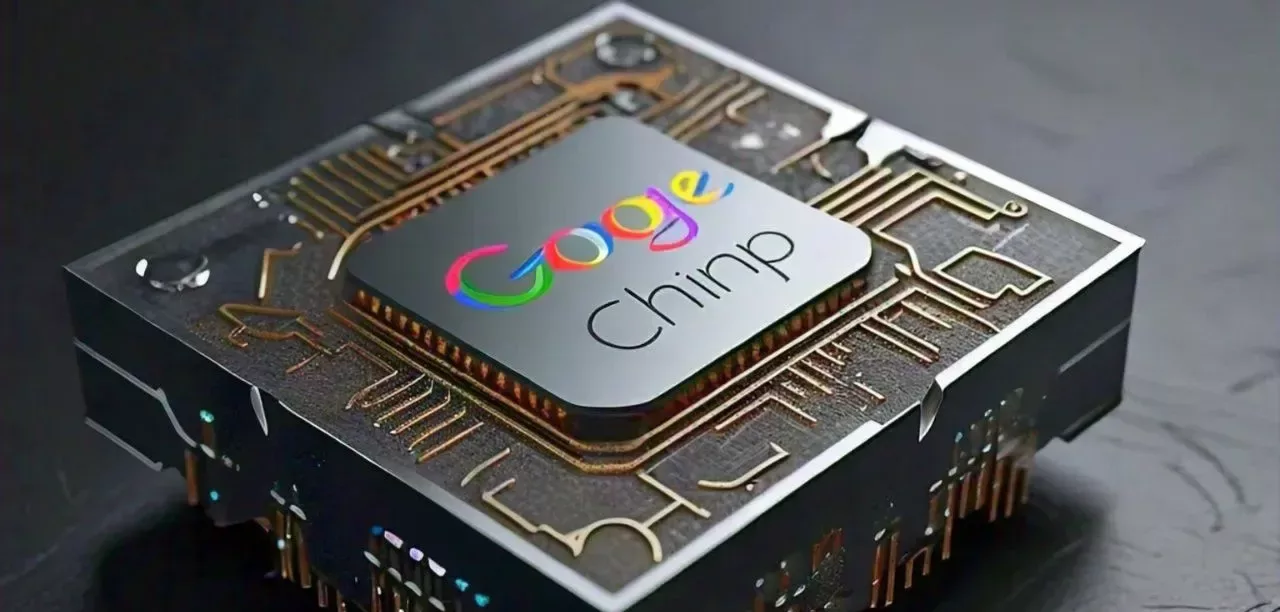Can Google’s AlphaChip AI Really Design Superhuman Chips? Experts Demand Proof
Artificial intelligence is amazing in many directions, and today Google is adding fuel to the fire by claiming that its AI can actually design more sophisticated computer chips than humans can. Google DeepMind-the AI research wing of the company-recently unveiled AlphaChip AI, which they claim is capable of coming up with “superhuman” chip designs faster and more efficient than the human engineers. AlphaChip has already begun to deliver by Google’s definition with concepts being put in data centers and smartphones, but independent experts within the chip design industry continue to raise skepticism and call for more substantive evidence regarding these claims.
What is AlphaChip AI?.
This optimization process is crucial because the component layout actually affects the way that chip will behave and will work in general. Their AI was programmed to evaluate many different layouts and assign rewards based on how good the design was. After that, they reported hitting “superhuman” performance within a matter of hours.
According to blog post of two Google DeepMind researchers, Anna Goldie and Azalia Mirhoseini, AlphaChip reduces the time for developing a chip layout from weeks or even months down to mere hours. Good as the claim is, skeptics from the chip design field are still not convinced that AI is superior.
Skepticism from Chip Design Experts
While Google DeepMind has really made some significant claims, most of the specialists in the field cannot fully accept the news that AI, for instance even such advanced as AlphaChip, has surpassed the ability of human expertise in chip design. Some think that the company has not shown enough public evidence to support these claims. One of them is Patrick Madden, a professor at Binghamton University. Madden suggests that for the performance of AlphaChip to be taken seriously, Google should provide experimental results on benchmarks publicly available. They would ensure fair comparison with human expert or commercial design tools’ generated designs.
In a statement, Madden added, “If Google would provide experimental results for these designs, we could have fair comparisons, and I expect that everybody would accept the results.” Such experiments, he also emphasized, can be done in just a day or two, with all the resources of Google. According to Madden, the very fact that Google has not yet provided results for such experiments raises questions about the validity of the firm’s claims.
Google’s Counter: Chup siding Mainly Over Detail
When approached to make comments over the issues raised by these concerns, Google DeepMind stayed mum going no further than their initial blog post. Lack of transparency fueling skepticism. As critics would go, AI sure has come a long way but in chip development, its capability may not be revolutionary enough at least up to this day.
An obvious problem is the one AlphaChip would encounter in real complex designs for chips, especially where used in leading-edge technologies like advanced smartphones and high-performance computing systems. It is worthwhile to note that these layouts and optimizations are typically handled by teams of highly skilled engineers using sophisticated commercial software tools. In order for AlphaChip to be absolutely “superhuman,” it would need to outperform such human-engineered designs consistently.
The Call for Public Benchmarks and Independent Testing
In other words, an independent test and public bench marking are needed, not out of skepticism but as a way toward scientific rigor. Claims of superiority, be they from the human or the machine world, need to be validated against empirical data that can be independently verified. Without access to such data, the industry at large remains in ignorance on whether AI has indeed reached the level at which it surpasses human chip designers.
Now many have pointed this out as a clear reluctance by Google DeepMind to make these results public, and it may only mean that AlphaChip’s designs are not really like what they say they are or at the very least, not something that will depend on the situation. Without these precise performance metrics, Google might lose its credible reputation in its AI technology-a place where precision and performance are everything.
The Future of AI in Chip Design
No doubt, AI has begun to impact the area of chip design. Big players like Google, Nvidia, and others have already begun to work on AI-driven approaches that speed up the design process and ultimately bring out better chips. Optimization for certain parts of the lay phase of chip building has already been achieved using AI tools; however, whether AI tools can completely replace human engineers is a pending question.
What is certain, however, is that AI will play an increasingly integral part in future designs of chips. It’s only a matter of how much and soon. For now, the industry waits for Google DeepMind to provide the evidence needed to prove whether AlphaChip has indeed crossed the line from being human-assisted to human-replaced in this highly specialized area.
Conclusion: Proof Is Still Needed
But with such grand claims on designing “superhuman” chips, the absence of public evidence raises a stumbling block. Until Google will present data from public benchmarks that can independently be compared with, it’s likely that this far broader community of chip designers will remain skeptical toward the claims. Such debate emphasizes the need for transparency and rigorous testing especially with revolutionary technologies like AI.
As this technology evolves, one day we might know if the AI can indeed be more creative when it comes to chip design compared to human ingenuity or if humans would still have a lead. Until that happens, the world awaits its proof.
For More Updates: Artificial Intelligence


